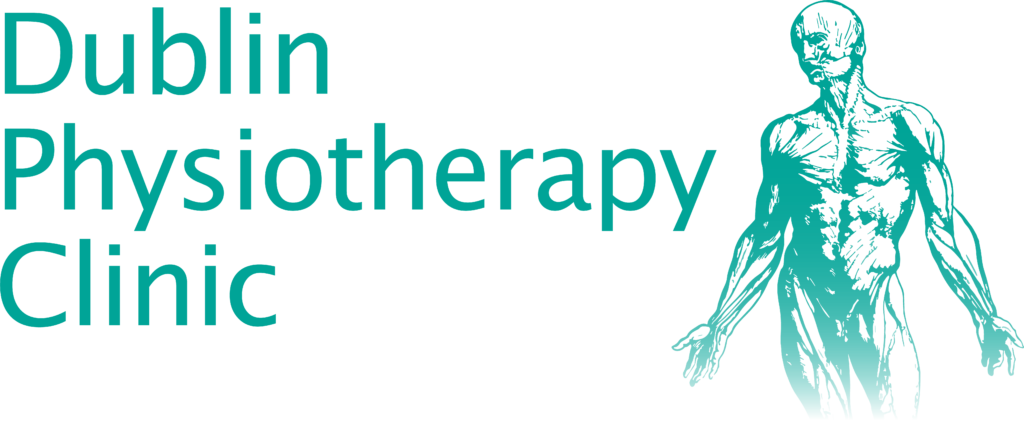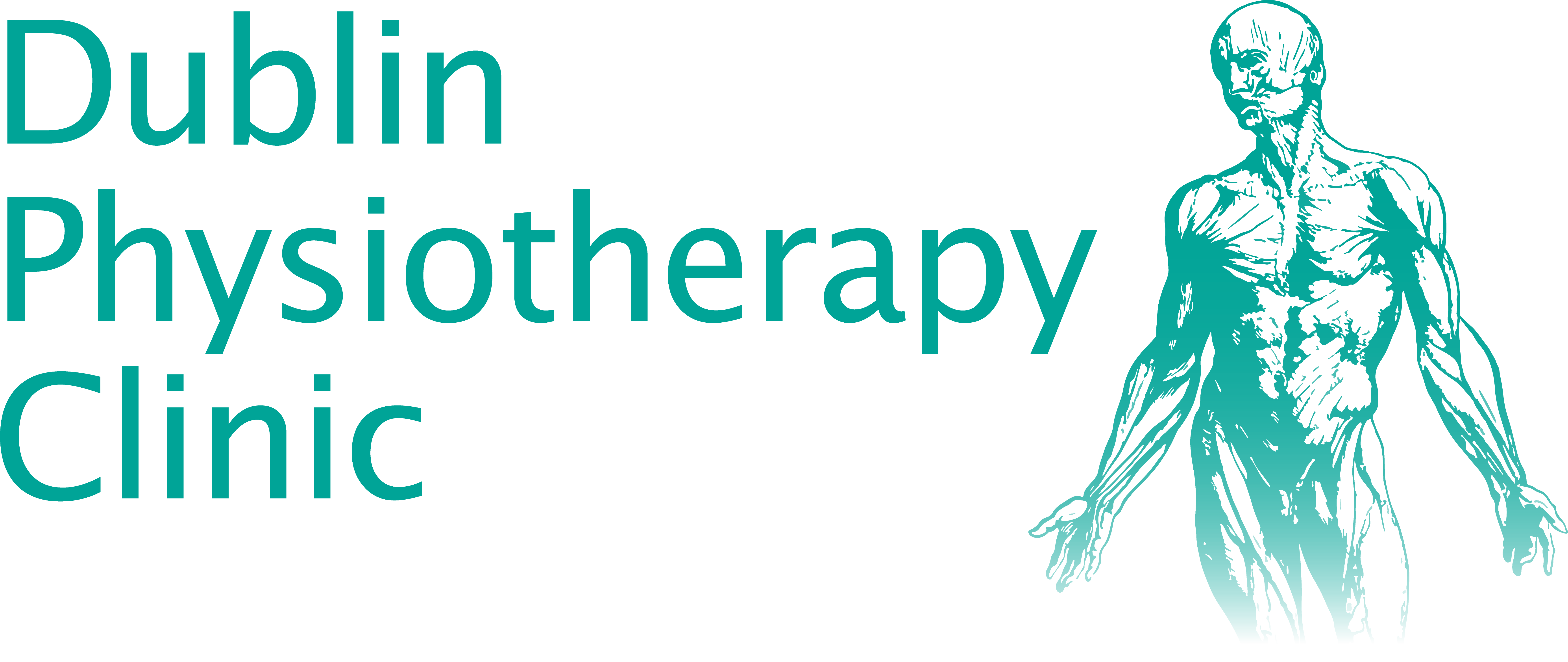Would you, as patients, recognize ethics in clinical practice? If not, what should you know about this then?
In his latest video, David Fitzgerald, co-founder of Dublin Physiotherapy talks about ethics in his field and so make sure you check out what he has to say in the video below.
Essentially, when talking about ethics in clinical practice we refer to all the decisions clinicians make on behalf of the patient in the best of their interest in order to improve their physical capacity and function.
From a rehabilitation point of view, ethical practitioners will know how to optimise their patients’ outcome as their first and primary objective will be to make sure that the patient’s condition falls within their scope of practice. When this is not the case, then practitioners have the moral and ethical duty to refer their patient to another specialist, who should be more suitable in treating their condition.
Of course, the reality of clinical practice is that there are many grey areas and not always it is possible for practitioners to immediately identify the nature of an issue that wouldn’t fit into their scope of practice. The most ethical way to go about this is by recognizing these grey areas and discussing the various options with the patient, who will decide whether they want to proceed with a trial course of treatment or be directed to a different specialist.
Ethics from a clinical point of view
From the clinical point of view, practitioners should be able to understand after two or three treatments whether this is benefitting the patient in any way perhaps improving their functions or reducing their symptoms.
With this detailed explanation of the many grey areas that can affect a practitioner’s decision making, David is well aware of the fact that there can’t always be a yes/no answer, however when in doubt, a specialist should always be able to predict what the expectations for each treatment are and what’s the time frame they will lead their patients to any improvements.
Patients are of course always impatient to know how long their treatment will last and a good practitioner should be able to predict whether theirs is a short-term, medium-term or long-term treatment within the first couple of sessions.
The length of treatments, of course, depends on the patient’s situation; trauma to joints or fractures, for instance, may not recover to the same level as their pre-injury status however there are ways to understand if the patient has reached their full capacity, usually by systematically testing their limits and always setting new milestones.
The practitioner’s job is to push their patients to get closer and closer to the goal they set themselves, whether this is being able to play gold again or go skiing next Winter. It is obvious that all this depends on the patient’s situation and whether they have an active lifestyle or not. Professional athletes are in fact more prone to reaching their goal in a shorter period of time and this is because of the huge amount of inputs and efforts they put into recovering as fast as possible to go back to their careers.
Other ethical obligations practitioners have
A practitioner should also be able to quickly identify when a condition falls outside the scope of physiotherapy, seeking external additional investigation which can go from referring their patient back to a GP or ordering more tests to pursue extra examinations that may help with differential diagnosis.
Very often, David admits, clinicians tend to avoid formulating a diagnosis too quickly if this is something more sinister than a simple issue. In particular we talk about “text book” situations in which the symptoms are clearly pointing to problems like neurological conditions where it’s necessary to assess the response over several treatments and, in case the evidence is still leaning towards a more serious issue than something that can be treated by a clinician, then the patients must be immediately referred to a specialist who should be able to find a more suitable solution to their problem.
These are only a few of the many ethical notions that clinicians should follow, however, David has much more to say about this topic, which is an issue that concerns not only clinicians and practitioners but also patients so make sure you watch his video.





